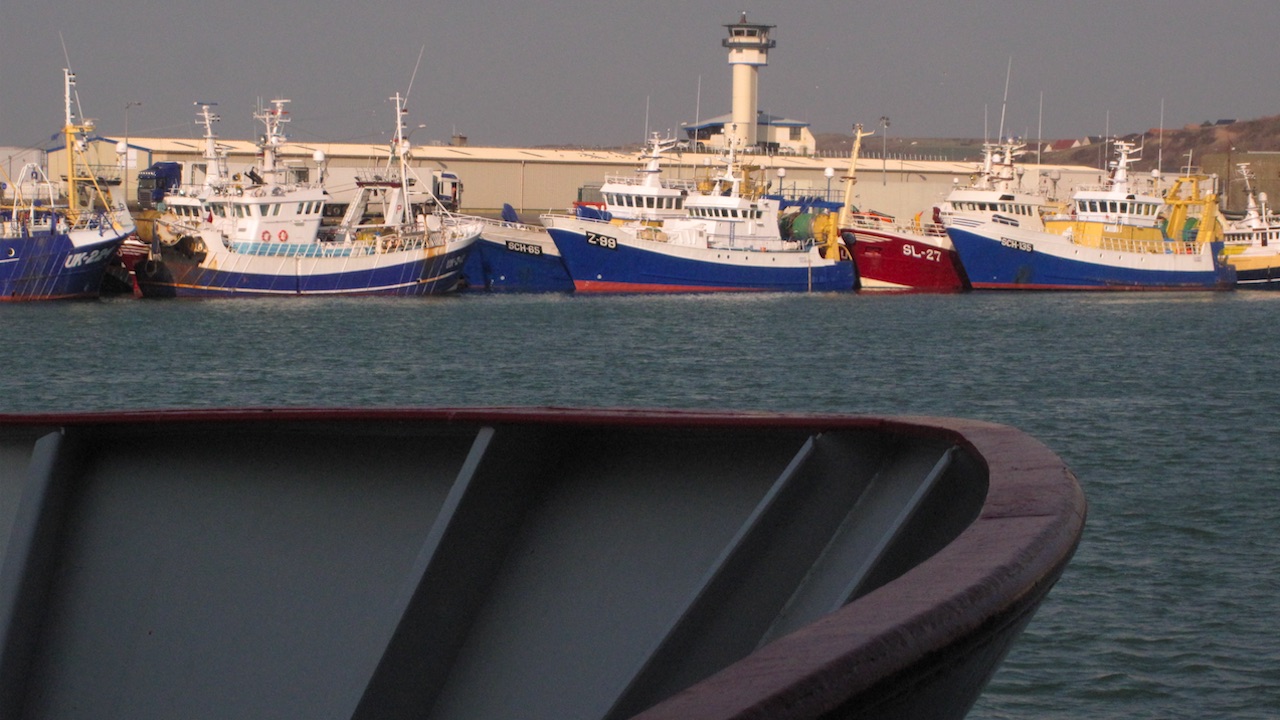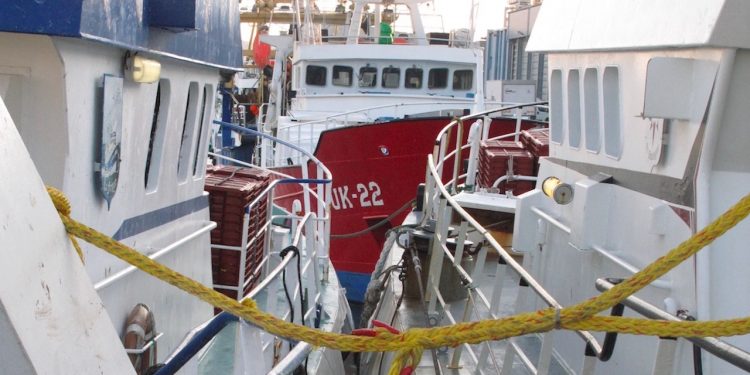The European Commission has launched two consultations to assess the effectiveness and efficiency of past and current funding programmes for fisheries and maritime activities.
The first of these aims to gather evidence and different perspectives on the management and use of the funds from various parties involved or interested, such as individuals, the fisheries and the maritime sectors, non-governmental and other organisations, and national administrations from Member States.

The second consultation is planned to include a questionnaire. This will be published in the coming weeks and will seek feedback from the main parties involved or interested in the management and use of the funding provided through EMFF and EMFAF from 2014 until 2024.
The results of the consultations, together with other analyses and studies, will be used to assess the performance of the funds and their contribution to the European Union’s strategy for smart, sustainable, and inclusive growth.
Both the COVID-19 pandemic and Russia’s aggression against Ukraine caused widespread economic shocks throughout the EU, and the fisheries and aquaculture sectors were strongly affected. Businesses were forced to cease operations, and operating expenses rose sharply due to inflated gas prices. In response, both the EMFF and the EMFAF provided substantial financial support for businesses impacted by these external economic crises.
Under the EMFF, 21 Member States granted financial support to compensate businesses whose operations were affected by the COVID-19 crisis – in total, the EMFF funded more than 22,000 operations.
The EMFF also supported ten Member States in alleviating market disruptions in the fisheries, aquaculture, and processing sectors due to Russia’s aggression against Ukraine, funding more than 16,000 operations.
The EMFAF continues supporting businesses affected by Russia’s aggression against Ukraine, and similar support is available for future economic crises.









